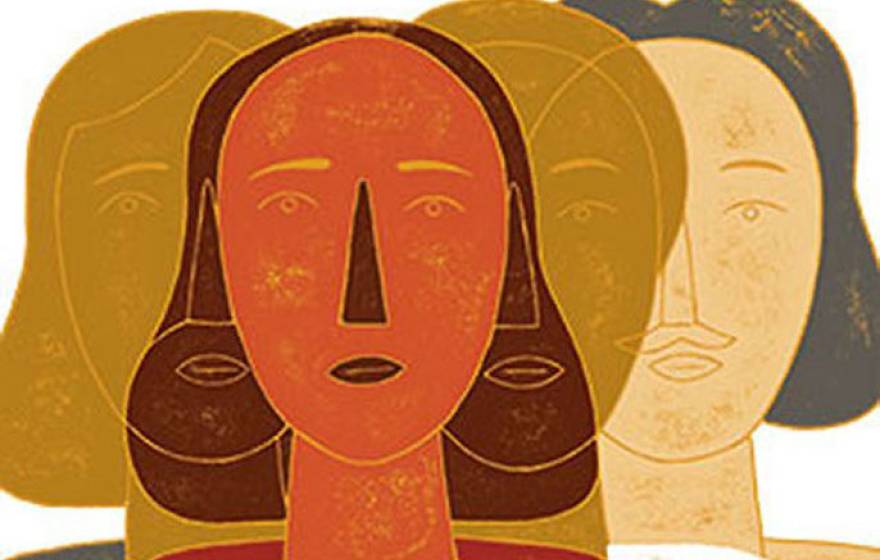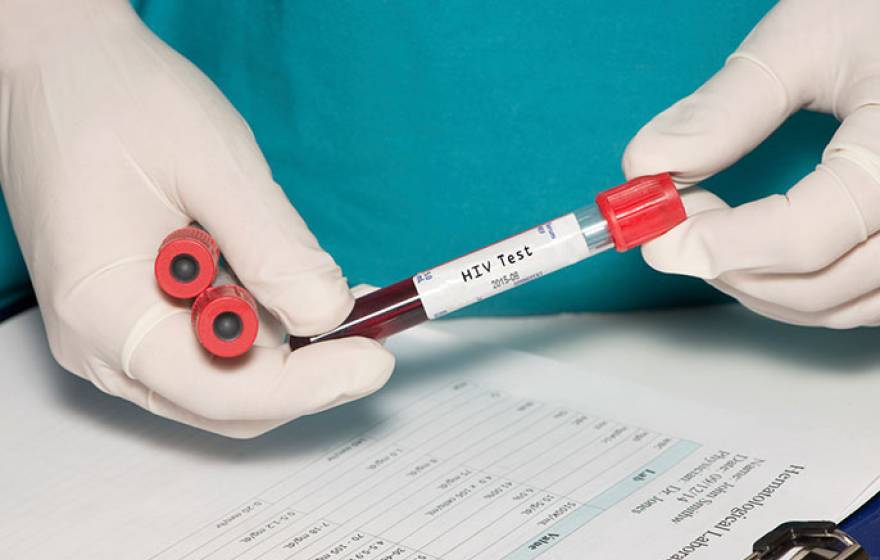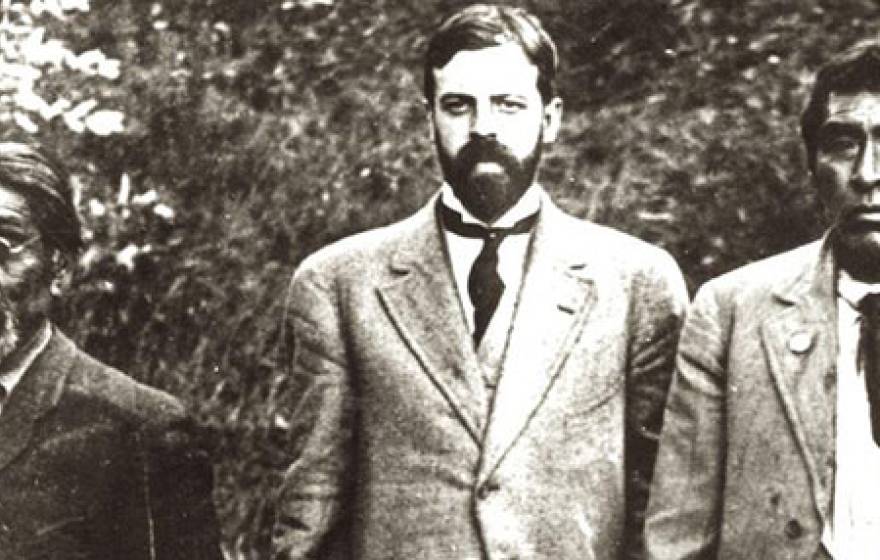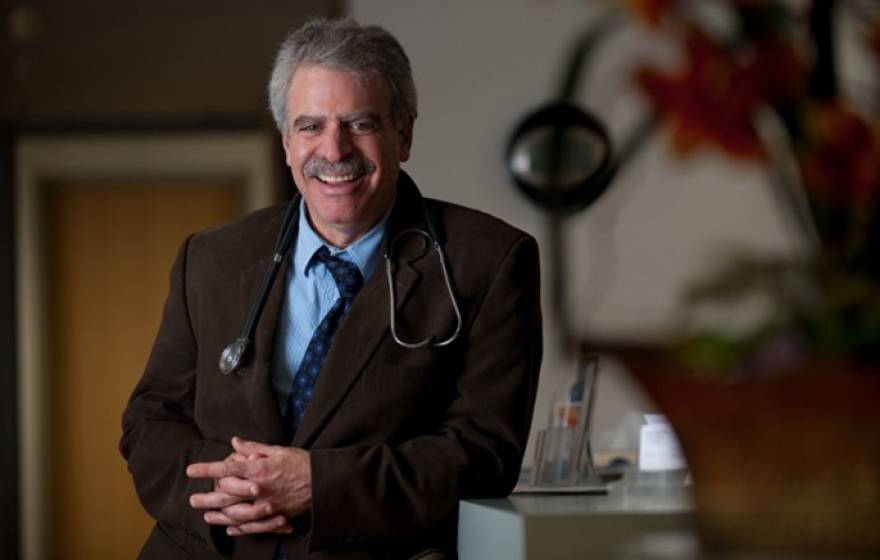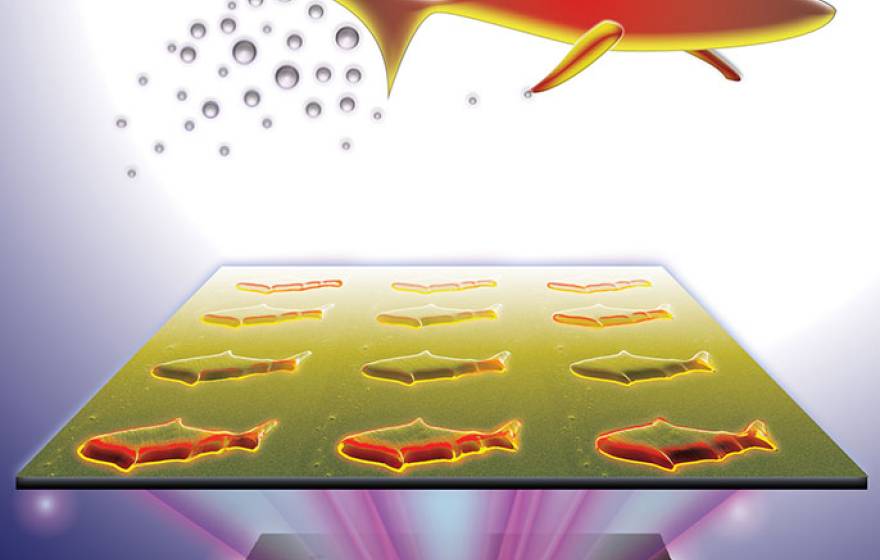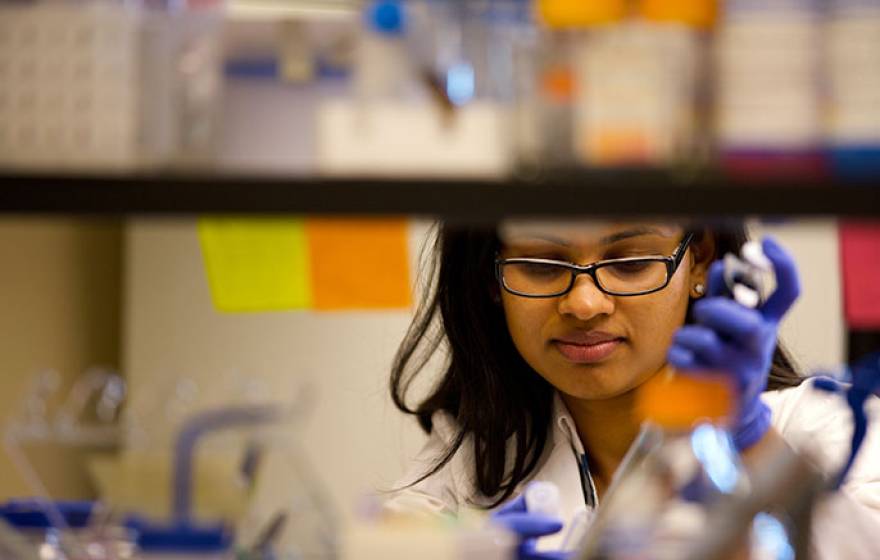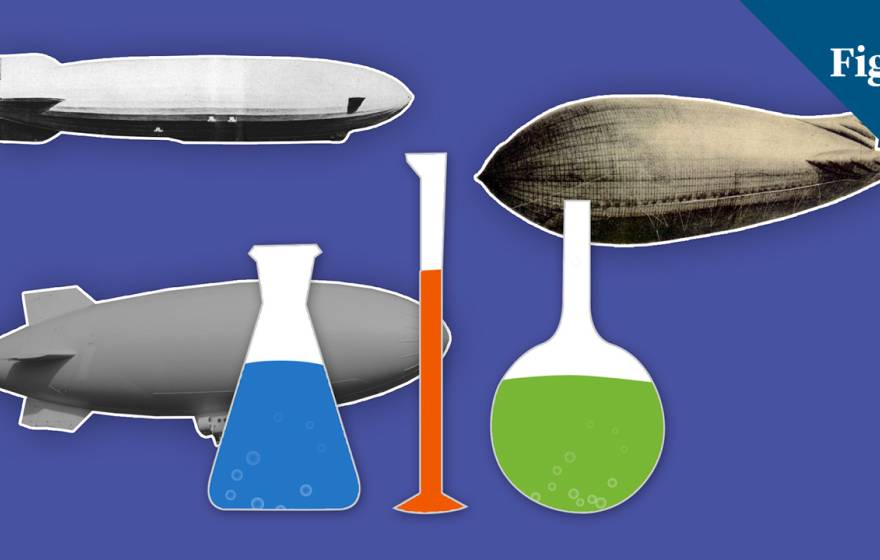1 in 5 older adults have incomes above the federal poverty level, but still struggle to pay their expenses.
Male or female? It's not always so simple
Researchers are studying the biological origins of sexual orientation and gender identity.
HIV particles don't cause AIDS — our own immune cells do
Virus turns host immune cells into suicide machines, using them to spread the virus and cause the progression from infection to disease.
High-tech project will restore recorded Native American voices
Cutting-edge optical scanning technique developed by the Berkeley Lab promises to revitalize these old, fragile recordings.
NIH grants to help turn discoveries into medical advances
UC Irvine, UC San Diego receive renewed Clinical and Translational Science Awards.
Gift will launch Scripps climate center
$5M gift will seed Center for Climate Change Impacts and Adaptation.
3-D printed tiny fish do more than swim
Synthetic microfish set the stage for 'smart' microrobots that can detoxify or deliver medications.
Food industry needs to step up on responsible groundwater use
Mindy Lubber and UC Irvine's Jay Famiglietti: Food production, the world’s biggest water user, is a major underlying cause of dropping water tables and sinking land in the drought-plagued Central Valley and around the globe.
UC dominates Washington Monthly's college rankings
UC San Diego tops assessment of contributions to the public interest for sixth-straight year and six UC campuses make top 20.
How dust is holding science back
To most of us, dust is just something we clean off our furniture; but to scientists, dust can cause big problems in the lab. UC San Diego's Janelle Shane explains how just one of these particles can ruin microscopic components.
Food waste and beef fat will make airplanes soar
According to the California Biomass Collaborative at UC Davis, anaerobic digesters, which convert waste into biogas and power, can be a good way for large farms to minimize waste and create a value-added product at the same time.
Hopeful outlook for some human stem cell therapies
Induced pluripotent stem cells can be differentiated into various types of functional cells — including retinal pigment epithelium cells destined for the eye, which are less likely to be rejected by the immune system.

